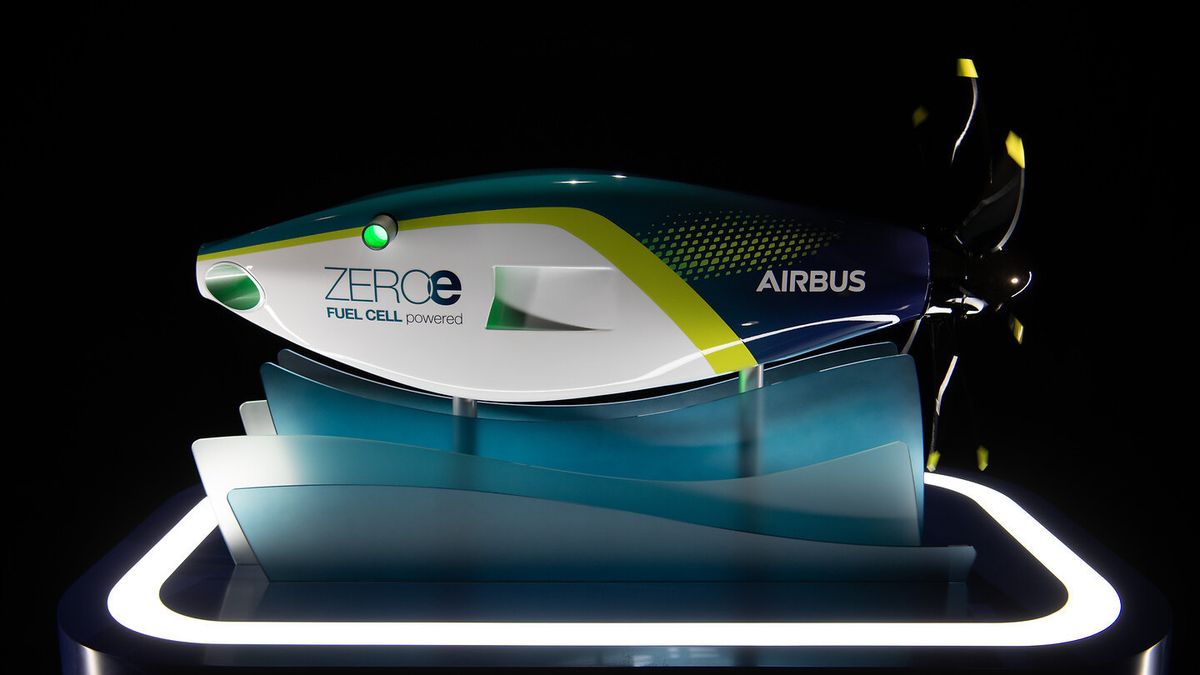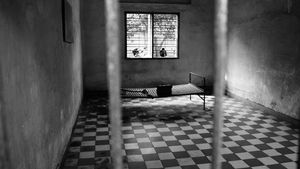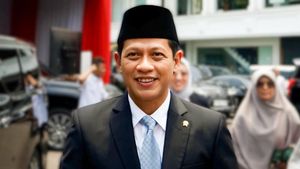JAKARTA - Airbus aircraft manufacturers are developing fuel cell engines, as part of a broader plan for hydrogen-powered aircraft scheduled to start operating by 2035.
Fuel cells are a potential solution to help the company achieve its zero-emission ambitions, said Glenn Llewellyn, vice president of zero-emissions aircraft on Airbus.
"We are focused on developing and testing this technology to understand whether it is feasible and can get into zero-emissions aircraft services by 2035," he explained.
"On a large scale, and if the technology target is achieved, the fuel cell engine may be able to drive the aircraft 100 passengers with a range of about 1,000 nautical miles," he continued.
The global aviation industry is under increasing pressure to reduce its dependence on fossil fuels. Toulouse-based Airbus, France, the world's largest aircraft manufacturer, is betting hydrogen-powered aircraft could be the answer to zero-emissions flights.
Airbus said it would start ground trials and fly from its fuel cell engine architecture, aboard the ZEROe demonstrator plane towards the middle of the decade.
Airbus plans to launch a hydrogen-powered aircraft, called ZEROe within the framework of 2027-2028, Llewellyn said.
The MSN1 A380 flight test aircraft for hydrogen technology is currently being modified to carry liquid hydrogen tanks and associated distribution systems.
"By continuing to invest in this technology, we are giving ourselves additional options that will inform our decision on our future aircraft architecture ZEROe," explains Llewellyn.
This is the first time Airbus has expanded the development of machine-related technology.
Airbus also said it would work with European rocket maker ArianeGroup to build a liquid hydrogen refueling plant for the ZEROe aircraft at Blagnac Toulouse Airport.
The refueling station will be operational by 2025, making it possible to refuel the A380 demonstrator aircraft as part of the ZEROe program, he said.
"Many technologies needed for zero-emission aircraft are already available in other industries, and the handling of liquid hydrogen is no exception," explained
"Preparing the entry of emissionless aircraft services by 2035 means we need to finalize all the necessary technologies in parallel. By partnering with ArianeGroup, we will leverage the expertise of famous hydrogen and other relevant space technology in pursuing this goal," he explained.
Airbus also signed an agreement with Hyport, to support the development of low-carbon hydrogen production and distribution stations at Blagnac Toulouse Airport.
"The construction of the hydrogen station was completed earlier this year and the production, storage and distribution system is currently undergoing final testing," he said.
The station, which is scheduled to start operating in early 2023, will have a production capacity of about 400 kilograms of hydrogen per day, which can drive about 50 land transportation vehicles.
In addition, Airbus is working with HyPort to expand its hydrogen-fueled land operations at airports, to address forecasts for increased demand for hydrogen in the coming years.
"Using hydrogen to decarbonize all land transportation related to airports within 2020 to 2030 will pave the way for the availability of hydrogen for zero-emission aircraft by 2035," said Karine Guenan, vice president of ZEROe ecosystem at Airbus.
The English, Chinese, Japanese, Arabic, and French versions are automatically generated by the AI. So there may still be inaccuracies in translating, please always see Indonesian as our main language. (system supported by DigitalSiber.id)













